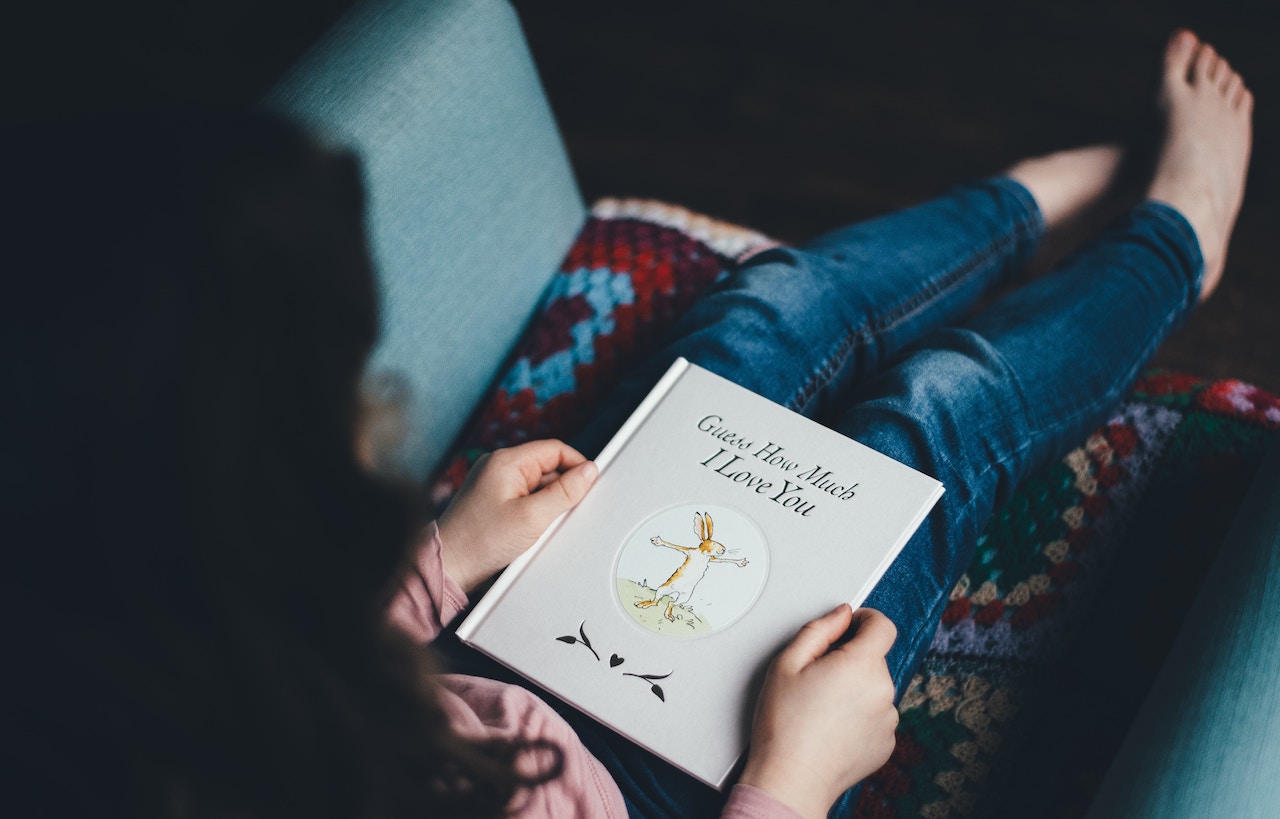“Every moment happens twice: inside and outside, and they are two different histories.” — American author, Zadie Smith
As a child who often hid beneath my covers and retreated into the imaginary world of storybooks whenever my parents fought, I was forced to learn a painful truth about being human at a very young age: we tell ourselves stories to survive.
Since then, the stories I’ve told about my life have taken on an almost deranged sensibility, whether I confess on a therapist’s couch or during a heart-to-heart with a close friend. Each personal story is selectively authentic—seemingly candid, but upon closer inspection, devoid of the discomfort of reality.
Instead, my narratives tend to follow a clean arc, much like the “tidy, wholesome logic of children’s literature”, allowing me to whittle my most complex life experiences down into the clear and simple values that I learnt from my favourite childhood books. These include kindness, loyalty, honesty, and practically anything that wouldn’t look out of place in a primary school composition.
In every retelling of an incident from childhood, the messiness of what actually happened gives way to a dangerously neat understanding of the situation, mirroring exactly what I desired from my books: a portal into different—and perfect—worlds that would protect me from everything I yearned to run from in this one.
But after 29 years, I’ve stopped running.
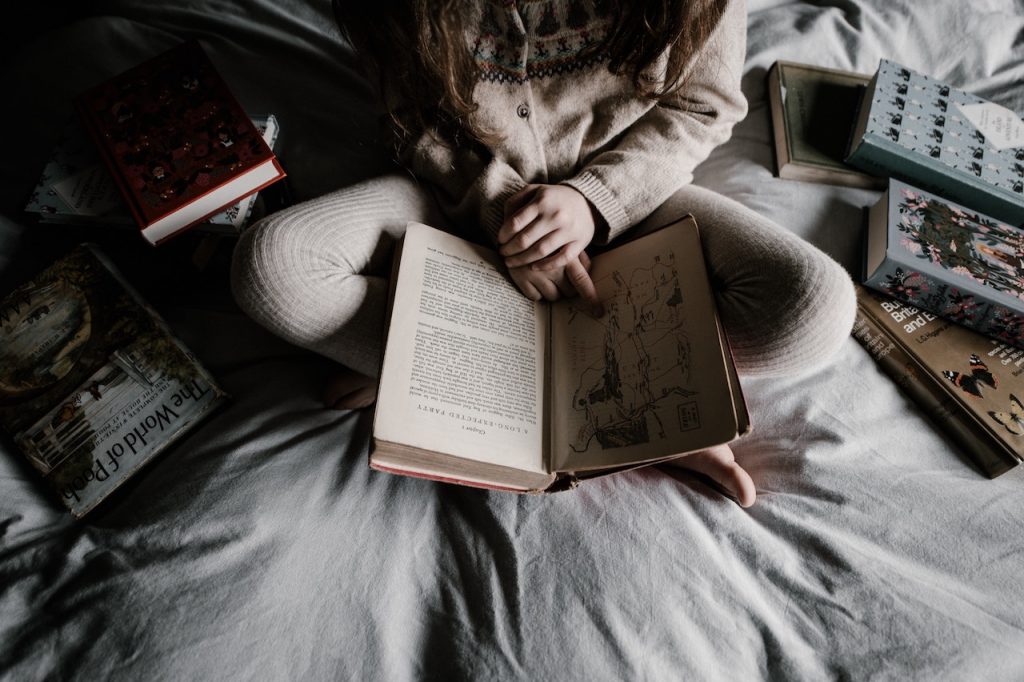
From revealing the boundless possibilities of imagination to the importance of compassion through fables, the purity of children’s literature made me feel safe enough to explore the multiple facets of the human condition before experiencing them in real life.
But nostalgia is a trick mirror, deluding you into believing your childhood is better than it was. Then, revisiting childhood books forces you to stare straight at your reflection and examine the illusion, remembering why the stories that held you managed to heal you.
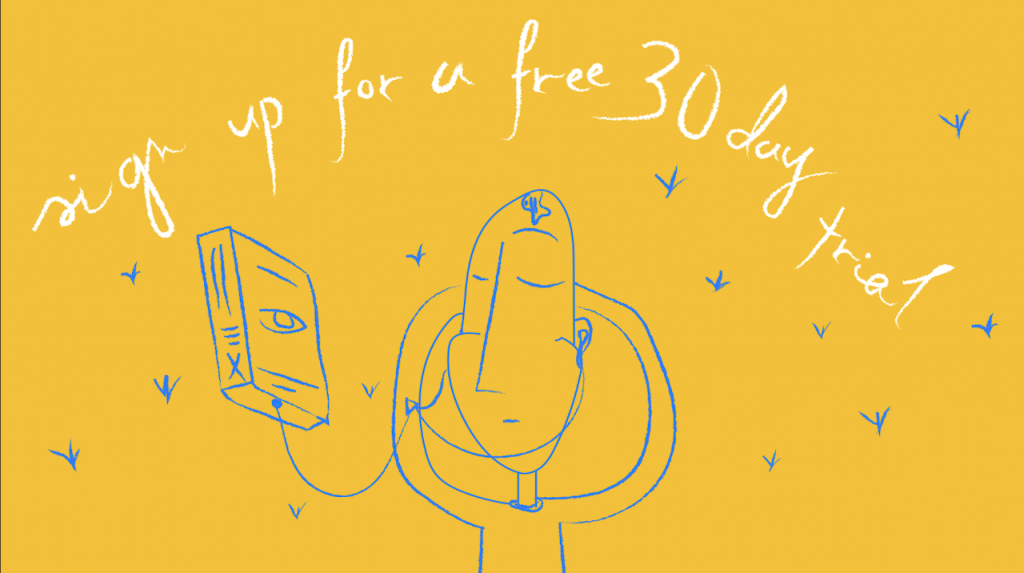
Rice readers get a 30-day free trial, so download their app to get started.
When I decided to return to this comfort zone to understand myself better, I turned to Storytel’s audiobooks to save myself the hassle of digging through my storeroom for my old books. As it turned out, it’s one thing to mentally recall the vintage shop where Peter and Mollie bought their chair in The Adventures of the Wishing Chair by Enid Blyton, but it’s another experience entirely to hear the chair whooshing through the air as the two child protagonists whizz off to different lands.
I’d never truly gotten the hang of audiobooks, preferring their shorter cousin: the podcast. But listening to Chinky the pixie being rescued from a castle by Peter and Mollie, I understood the key to getting into audiobooks: start with a book you already love, and the rest will fall into place.
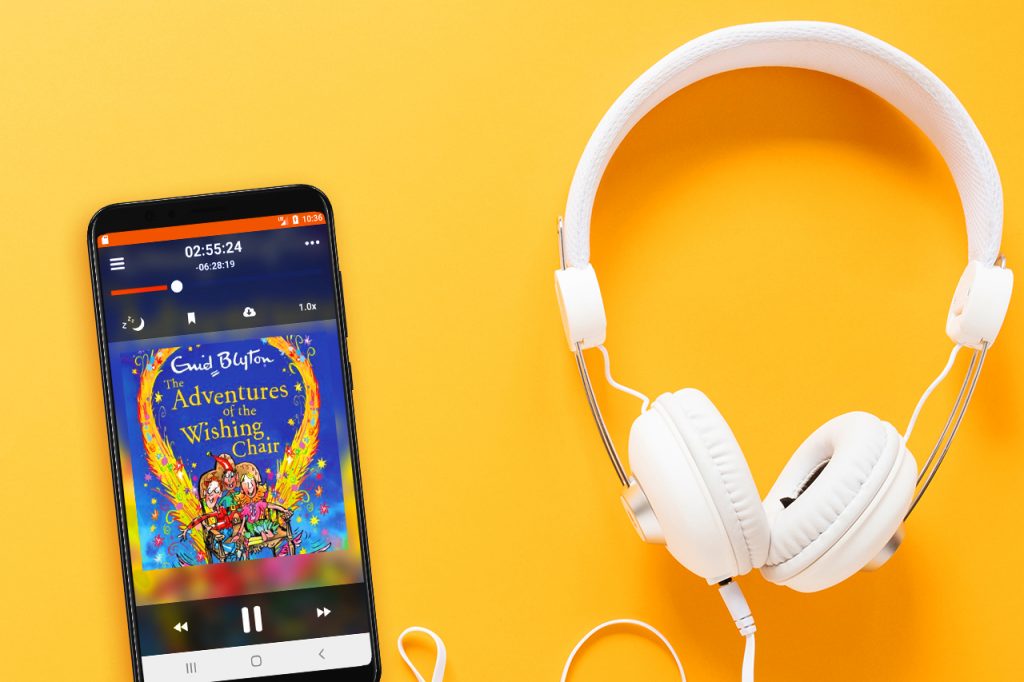
Several decades after first reading Wishing Chair, the absurd privilege of being able to up and leave seems a remarkably simplistic solution to escaping one’s situation. As I’ve learnt since then, what it truly takes to be free is in fact a fundamental change in perspective.
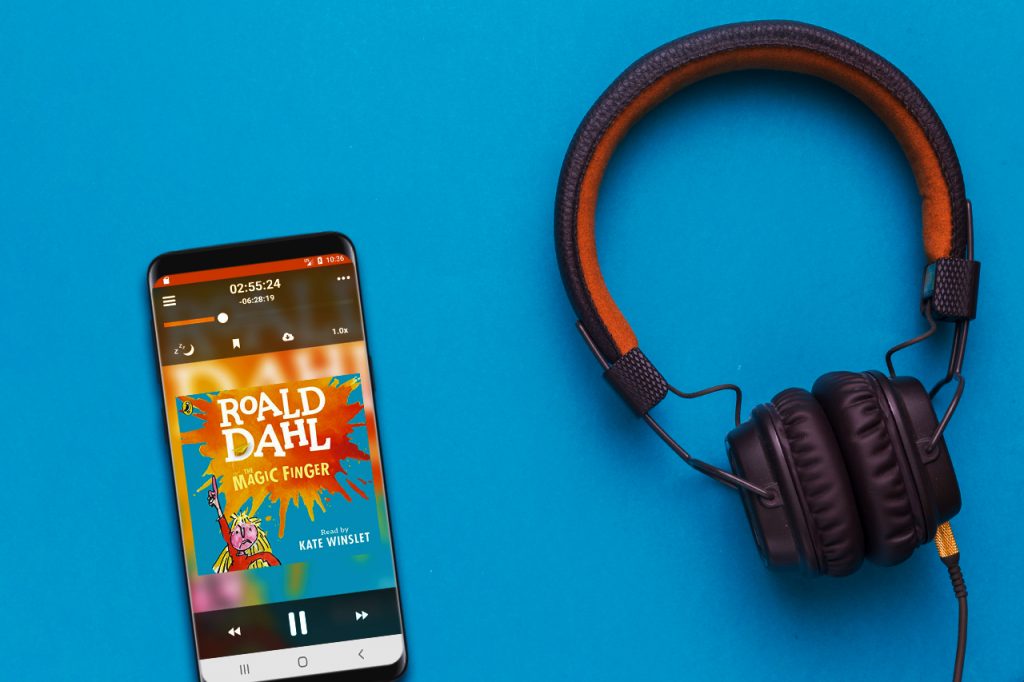
It was the latter when I revisited my first Roald Dahl book, The Magic Finger.
In the book, the unnamed eight-year-old female protagonist unleashes her pent up anger through her index finger. Everytime she gets mad at someone, her finger tingles with power as the rage builds within. Brandishing her finger at the perpetrator in question instantly punishes them in inconceivable ways.
The sinners in this story are the Gregg family, who partake in hunting ducks for sport. After the protagonist releases her anger on the Gregg family, the entire family turns into ducks and—in true ‘cursed energy‘—are confronted by the ducks whose families they’ve shot. Upon promising not to hunt ducks or any animal again, the Gregg family return to being human and completely disavow their love for hunting.
After realising the Gregg family learnt their lesson, the protagonist sees another family shooting ducks for sport and sprints off to unleash the same punishment on them with her magic finger—an ending that implies she doesn’t see anything wrong in putting other unsuspecting sinners through the same harrowing path to redemption, or wielding absolute power over those whose actions she disagrees with.
Even as a child, the twisted, self-righteous ending made my skin crawl. Listening to the deliberately delirious and unhinged narration by Kate Winslet on Storytel only reinforced the story’s darker undertones.
On the surface, the story appears to advocate for compassion for animals. But this lesson cleverly sidelines what I pinpoint as the story’s true crux: the value of self-control when one is angry, because every action causes vast ripple effects that one might never realise.
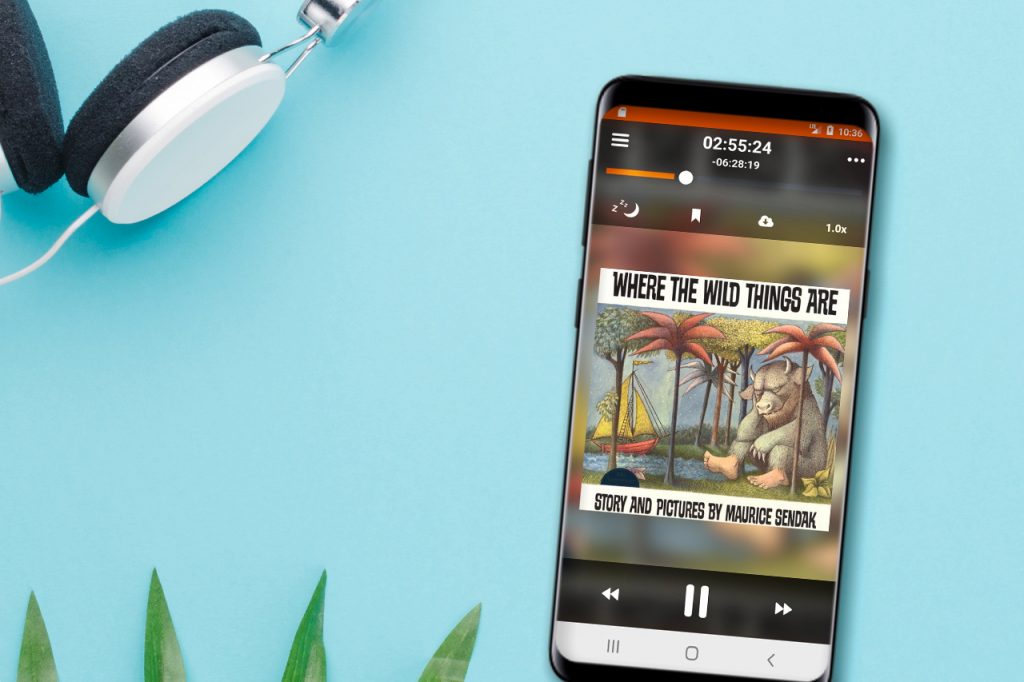
Yet, none has given me as much enjoyment as Where the Wild Things Are by Maurice Sendak.
In Wild Things, Max (the child protagonist) arrives at the place where the wild things are. They roar their terrible roars and gnash their terrible teeth until Max says, “Be still.” He tames them by staring into their yellow eyes without blinking once, after which they become frightened and call him the most wild thing of all, making him king of all wild things.
When he wants to leave the wild things, they cry out, “Oh please don’t go, we’ll eat you up, we love you so.” But Max says no, and leaves on a boat, waving goodbye to the wild things.
I picked up Wild Things just once when I was a child in the library, so it seems strange that its words stuck with me throughout the years. But as I got older, its plot kept returning in waves in my mind, as though trying to send me a sign.
On Storytel, it’s just a short book, barely five minutes long, yet I constantly find renewed strength in its concise depiction of the war I fight in my head every day. To me, the wild things represented the dark recesses of my mind, and remembering Max saying “no” to the wild things gave me the courage to confront my fears.
Turns out, I’d been leaving myself breadcrumbs all this time. Revisiting my childhood books reassured me that I’ve always known what I needed to survive.
It only took me 29 years to find my way back to myself.
All the books featured are available as audiobooks on Storytel, a subscription-based platform. Rice readers get a 30-day free trial, so download their app to get started, and check out over 110,000 titles they have available for streaming or download.
What were your favourite childhood reads? Tell us how you feel about them now after reading them again: community@ricemedia.co.

